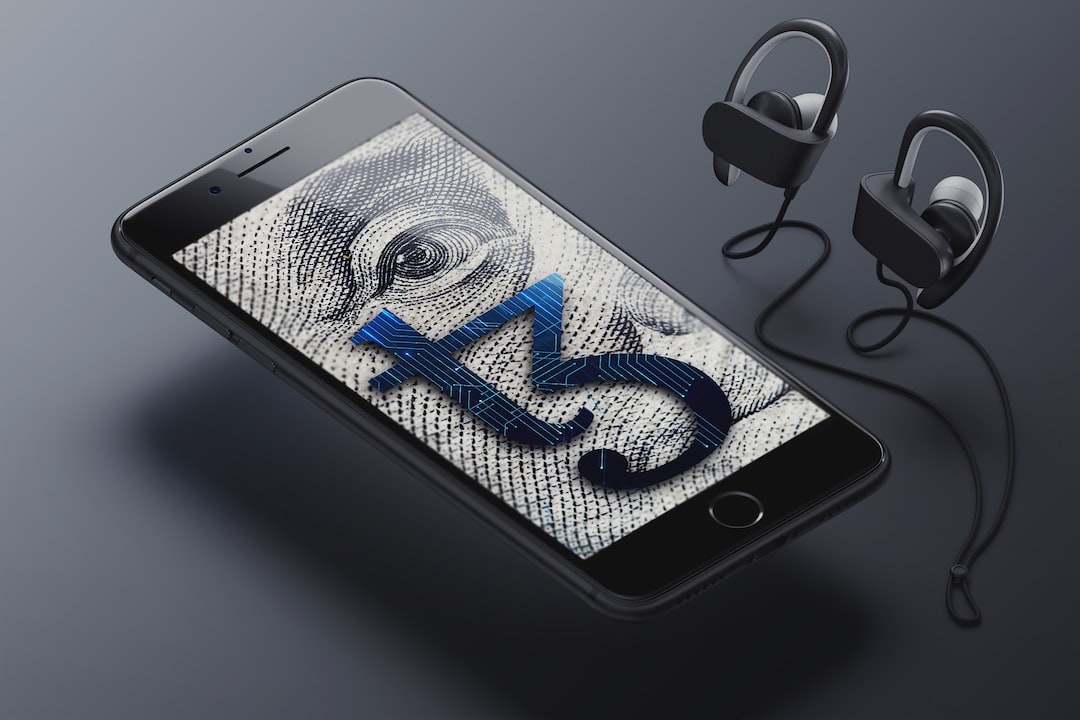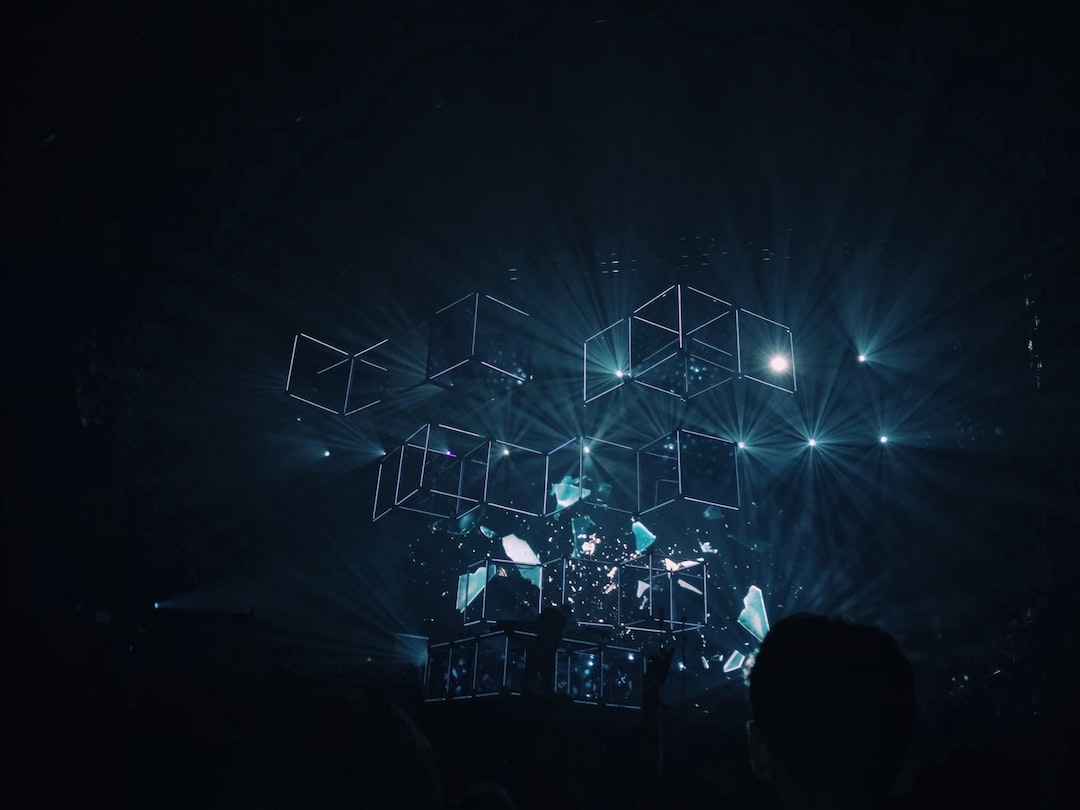The Nightshade Tool: Protecting Artists’ Work from AI Theft
The astonishing capability of generative AI to create visual images is becoming more advanced and accessible. However, artists are concerned about their work being harvested without their permission. A potential solution to this problem comes in the form of a new tool called Nightshade.
Nightshade employs optimized, prompt-specific “data poisoning attacks” to corrupt the data used to train AI models when it’s fed into an image generator. This approach is unique because it targets generative AI models, which were previously thought to be immune to poisoning due to their size.
Combating Intellectual Property Theft and Deepfakes
With the rise of generative AI models, combating intellectual property theft and deepfakes has become crucial. In July, MIT researchers suggested injecting small bits of code that would distort images, rendering them unusable. Now, Nightshade offers another method for protecting artists’ work.
How Nightshade Works
Generative AI models use prompts to generate various forms of content. Nightshade focuses on targeting specific prompts rather than attacking the entire model. By corrupting individual prompts, the model becomes disabled and unable to generate art effectively.
To avoid detection, the poisoned data must be carefully crafted to appear natural and deceive both automated alignment detectors and human inspectors. This ensures that the intended effect is achieved without raising suspicion.
The Power of Poison Pills
Nightshade is designed as a proof of concept, demonstrating how poison pills can be used en masse by artists to undermine an AI model. By mislabeling a few hundred images (e.g., labeling images of cats as dogs), artists can effectively cause the model to collapse.
Once multiple attacks are active on the same model, it becomes worthless. When prompted to generate art, the model produces distorted and random pixel patterns instead. This renders the model ineffective as a generator of meaningful content.
How Nightshade Works
The Nightshade tool does not require direct action against the AI image generator itself. Instead, it takes effect when the AI model consumes the poisoned data. This approach can be seen as self-defense, providing a barrier with poison tips to deter AI developers who disregard opt-out requests and do-not-scrape directives.
In summary, Nightshade offers a potential solution to protect artists’ work from being harvested without permission. By targeting specific prompts and corrupting the data used to train AI models, artists can undermine the effectiveness of these models and preserve their intellectual property rights.
Hot Take: Nightshade Empowers Artists in the Fight Against AI Theft
As generative AI becomes more prevalent, artists are rightfully concerned about protecting their work from unauthorized use. Nightshade provides an innovative approach to combatting AI theft by enabling artists to disrupt AI models through prompt-specific poisoning attacks.
This tool empowers artists to defend their intellectual property rights and maintain control over their creations. By injecting poison pills into training data, artists can render AI models useless, ensuring that their work cannot be replicated without permission.
While Nightshade is currently a proof of concept, its potential impact on combating AI theft is significant. Artists now have a powerful weapon in their arsenal to safeguard their artistry from unauthorized exploitation in the age of generative AI.





 By
By

 By
By
 By
By
 By
By
 By
By